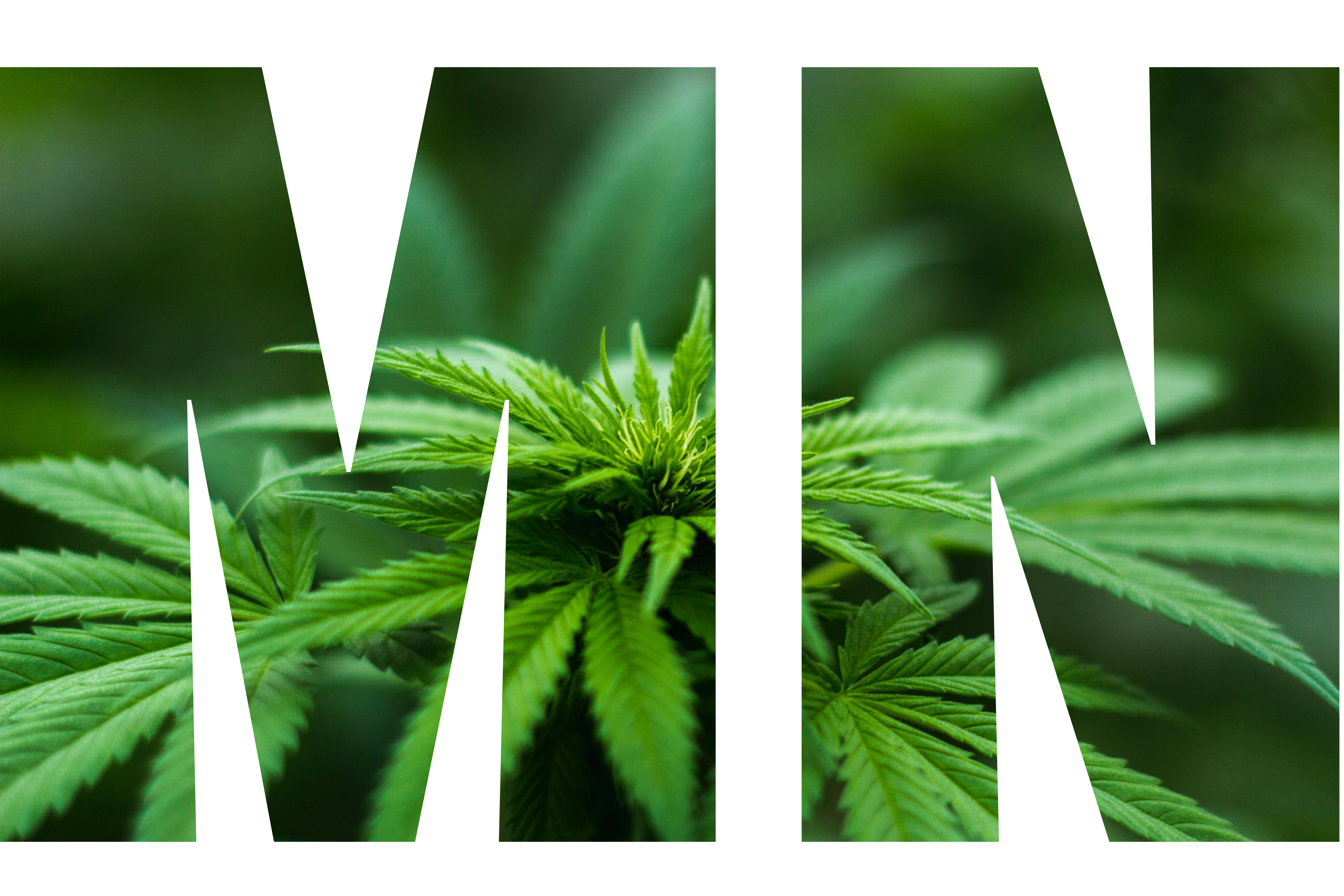
Minnesota recently joined the ranks of states that have legalized adult-use marijuana, making it the 23rd state in the U.S. to do so. Governor Tim Walz signed a groundbreaking legalization bill into law on Tuesday, which not only allows the use of marijuana but also permits the sale of hemp-derived cannabinoids like delta-8 THC. Below is an overview of Minnesota’s unique approach to legalization, the implementation timeline, and the state’s progressive stance on hemp-derived products.
Legislative Legalization and Governor’s Support
Minnesota is one of a growing number of states that have legalized cannabis through the legislative process rather than relying on ballot initiatives. Unlike some states that allow citizen-initiated ballot questions, Minnesota does not permit this method of legalization. The legislation was signed by Governor Tim Walz, who was joined by cannabis advocates and former Minnesota Governor Jesse Ventura, a prominent supporter of legalization.
Key Provisions of the New Law
Effective from August 1st, Minnesotans aged 21 and over will be legally allowed to possess and cultivate cannabis. The law also imposes a 10% tax on marijuana sales. However, the issuance of the first retail business licenses by the newly established Office of Cannabis Management is expected to take approximately one year. This delay ensures the necessary regulations and infrastructure are in place for a successful launch of the state’s adult-use market.
Minnesota’s Unique Stance on Hemp-Derived Cannabinoids
What sets Minnesota apart from other states is its inclusive approach to hemp-derived cannabinoids, particularly delta-8 THC. While 14 states have banned or strictly regulated such products due to concerns over competition with regulated cannabis industries, Minnesota welcomes their inclusion in the mainstream state-legal cannabis industry. The state has introduced a “mezzobusiness” license that allows holders to cultivate, manufacture, and operate up to three retail locations selling marijuana and products containing hemp-derived cannabinoids.
Local Control and Medical Marijuana Operators
Although there is no statewide license cap, localities have the authority to limit the number of dispensaries to one per 12,500 residents. This provision ensures that the establishment of cannabis businesses aligns with the preferences and needs of individual communities. Furthermore, Minnesota’s medical marijuana operators, currently limited to just two multistate companies, will be permitted to enter the adult-use market, expanding the industry and increasing consumer choice.
THC-Infused Drinks and the Testing Ground
Minnesota’s new law also positions the state as a testing ground for THC-infused drinks. Liquor and convenience stores will be allowed to sell these products, presenting an opportunity for innovative cannabis entrepreneurs to explore this emerging market segment. THC-infused drinks have gained popularity in the state since their legalization for sale a year ago alongside other hemp-derived cannabinoid-infused products.
Conclusion
With the legalization of adult-use marijuana, including the sale of hemp-derived cannabinoids like delta-8 THC, Minnesota has become the 23rd state to embrace cannabis reform. By taking a legislative approach and involving key stakeholders, the state aims to establish a well-regulated market that ensures public safety and generates tax revenue. Minnesota’s progressive stance on hemp-derived products, along with its allowance for medical marijuana operators to participate in the adult-use market, signals a promising future for the cannabis industry in the state.
Original Source: Mjbizdaily
Publisher/Reporter: Chris Roberts
Publish Date: May 30, 2023
EXPLORE MORE NEWS
Newsletter




